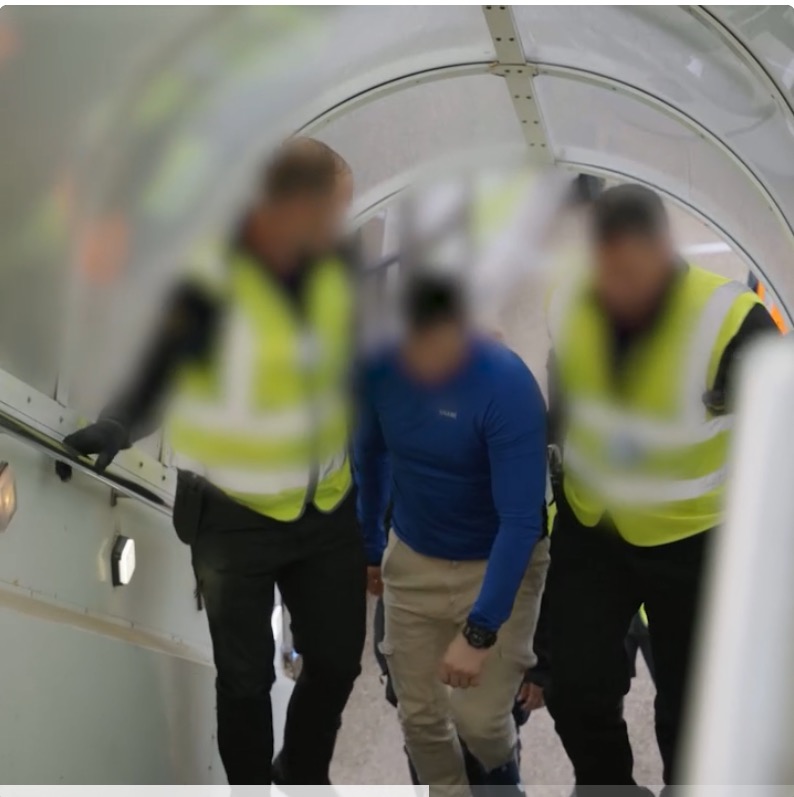Foreign criminals from India and 14 other nations will now be deported before their human rights appeals are heard, under an expanded deport now, appeal later policy announced by the government.
UK Home Secretary Yvette Cooper said offenders had been exploiting the system by staying in the UK for months or even years while appeals dragged on. Under the scheme, those whose human rights claims against deportation are rejected will be removed, with any appeal conducted via video link from abroad.
The policy originally covering offenders from eight countries will now extend to 15 more, including India, Bulgaria, Australia, Angola, Botswana, Brunei, Canada, Guyana, Indonesia, Kenya, Latvia, Lebanon, Malaysia, Uganda, and Zambia.
The move comes amid pressure to tackle the small boats crisis. On Saturday, 435 migrants were brought ashore the highest daily figure since the one-in, one-out deal with France began. This year’s total has already reached 25,000, faster than in any previous year.
Labour has toughened its stance on deportations following criticism from the Conservatives and Reform UK over foreign nationals occupying prison spaces. The Home Office has also pledged to change the law so foreign offenders can be deported immediately after conviction.
Since Labour took office last year, nearly 5,200 foreign offenders have been deported, a 14% rise on the previous year. Justice Secretary Shabana Mahmood said the expansion would save £54,000 annually for every prison place freed.
However, the Ministry of Justice figures show that as of June, only 772 prisoners in England and Wales were from the newly added countries, and among them, only Indians appear in the top nationalities of offenders. No inmates from Botswana or Brunei are currently in custody.
The deport now appeals to later policy, which was first introduced in 2014 but was partially struck down by the Supreme Court in 2017 for cases where deportation would stop an offender giving live evidence. The ruling allowed exceptions if video evidence was feasible and affordable, limiting the scheme to countries with suitable facilities.
The UK already has video appeal arrangements with eight countries, including Tanzania, Belize, Finland, and Estonia.
Foreign Secretary David Lammy said Britain was leading diplomatic efforts to expand such partnerships so appeals could be lodged from offenders’ home countries.
“We’re investing in international agreements that protect our security and make our streets safer,” he said.



